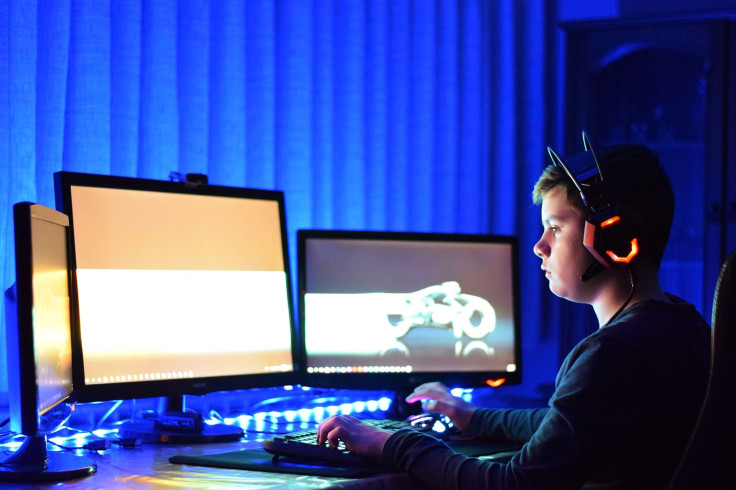Introduction
On April 20 th , PlayStation Network players woke up to the news that they would be unable to access multiplayer, the PlayStation Store, or even contact their online friends for the foreseeable future. The reason? PSN was hacked, and the cyber-attack had been going on for two days before the shutdown.
In the end, the outage lasted 23 days. The damages involved 77 million compromised accounts, along with 12,000 stolen credit cards. The 2011 PSN data breach is, to this day, known as one of the largest security breaches in history.
And data breaches aren’t the only things gamers need to worry about. Doxing, phishing, cyber-stalking, hacked accounts: the gaming space is ripe with cybercriminals looking to take advantage of unsuspecting online players. Fortunately, there are a few ways to stay safe online.
5 Security Tips for Online Players
1. Use Secure Passwords for Everything
Most online games nowadays require an account, whether it's an account related to the publisher (Genshin Impact) or an online service account on the platform of your choice (Steam, PlayStation, Xbox, etc.).
2. Avoid Cheats and Unofficial Patches
General rule: avoid downloading cheats for any online game. Not only does cheating ruin the enjoyment of your opponents, but there’s also a good chance the cheats you downloaded contain malware. After all, a website that hands out cheats for online games is never regulated by the developer or publisher.
The same rules apply to single-player games. Trainers can be nice to have, but make sure they’re from a verified, trusted source—turn to the game’s online community to find a reputable trainer.
3. Use a VPN
Multiple games throughout the past decade have accidentally leaked players’ IP addresses or made them readily available for anyone with basic knowledge on how to search for someone’s IP. Knowing an IP address gives hackers, cybercriminals, and trolls the ability to DDoS your network and prevent you from playing your game.
Avoiding this is simple: use a VPN for gaming. A Virtual Private Network encrypts your connection to the game and routes your connection through a VPN server. So if a hacker were to see your IP address, they wouldn’t be able to DDoS you.
4. Don’t Give Out Personal Information
A lot of online platforms will ask for your personal information. Of course, you need to hand over your email address to create accounts, but do you need to give PlayStation your full name and phone number? Does Steam need your social security if you're not making enough money on the Steam Market?
No! The key to staying safe online is reducing the amount of publicly available personal information about you online.
Conclusion
The video game industry has suffered its fair share of cyber-attacks, and the next time one happens, you don’t want to be a victim. With these five tips, you’ll be able to protect your data and your privacy while online!













![[EG April 19] Best 'Stardew Valley' Mods That Will Change](https://d.player.one/en/full/226012/eg-april-19-best-stardew-valley-mods-that-will-change.png?w=380&h=275&f=955520b8313253ee3c39c791f6210f38)



